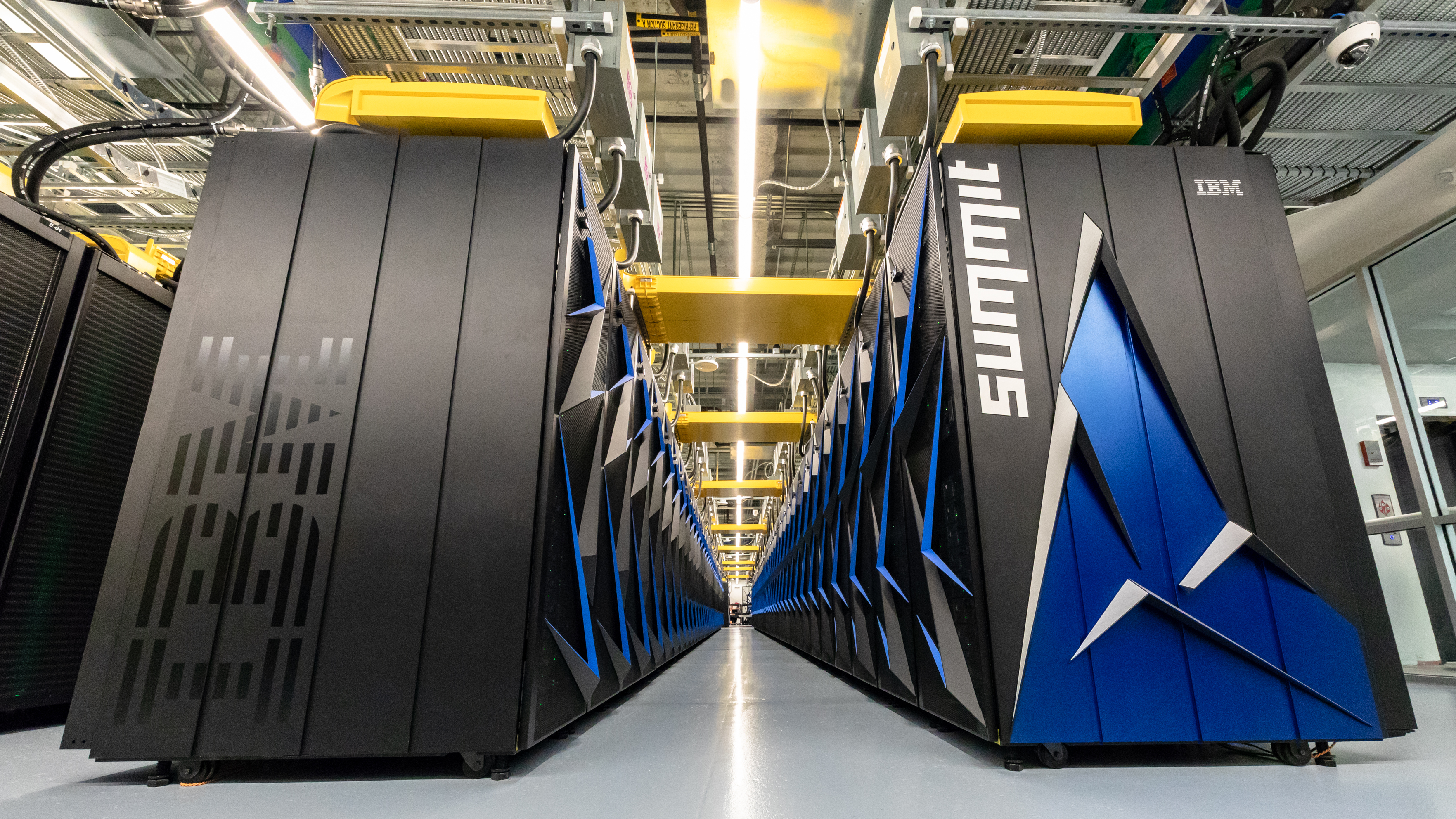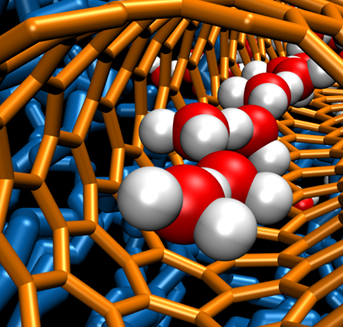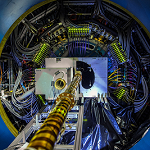Program Offices QIS Pages
The Office of Science (SC) supports a diverse portfolio of research projects that advance the science needed for revolutionary energy breakthroughs, seek to unravel nature’s deepest mysteries, and provide the Nation’s researchers with the most advanced large-scale tools of modern science. The following describes SC program offices’ support for Quantum Information Science (QIS) research.
| Advanced Scientific Computing Research (ASCR) supports efforts to develop quantum computers as testbeds, design new algorithms for quantum computing, and enable quantum communication using entanglement towards the possible development of a future quantum network. In addition, ASCR supports QIS infrastructure for the research community through the Quantum Testbeds program and its Scientific User Facilities. Read More |
| Basic Energy Sciences (BES) supports research to advance understanding of quantum phenomena in systems that could be used for QIS, and the use of quantum computing in chemical and materials sciences research. In addition, BES supports QIS infrastructure at the Nanoscale Science Research Centers and its other Scientific User Facilities for the research community. Read More |
 |
Biological and Environmental Research (BER) supports applications in bioimaging and capabilities in sensing and measurement. Fundamental quantum science-enabled research can overcome current challenges related to suboptimal stability and photobleaching, enabling prolonged imaging studies. For example, quantum-entangled pairs of single-photon-emitting probes can potentially offer an advantage over conventional methods by enhancing spatial and temporal resolution, measurement speed, long-term sample stability, or bioimaging technology sensitivity. BER supports research on quantum-enabled molecular and environmental probes and sensors, single photon detectors, and quantum light sources from infrared to X-ray bands. Read More |
| Fusion Energy Sciences (FES) supports basic research in QIS that that can have a transformative impact on FES mission areas, including fusion and discovery plasma science, as well as research that takes advantage of unique FES-enabled capabilities to advance QIS development. Areas of support include fusion-relevant quantum computing approaches, quantum sensors that can enhance diagnostic capabilities for plasma and fusion science, and high-energy-density techniques to form novel quantum materials at ultra-high pressures. Read More |
| High Energy Physics (HEP) supports foundational theory and simulations connecting the cosmos to laboratory qubits, QIS-enabled quantum sensors and novel experiments to explore new physics, HEP-developed technology for QIS, and quantum computing approaches for particle physics experiments. Read More |
| Isotope R&D and Production (DOE Isotope Program or DOE IP) produces and distributes isotopes critical for QIS and supports R&D of novel and improved isotope production capabilities to ensure a secure, domestic supply of isotopes that are of vital importance to the Nation. Read More |
| Nuclear Physics (NP) supports experimental and theoretical research in three broad areas with deep connections to QIS: (1) Quantum Chromodynamics (QCD), (2) Nuclei and Nuclear Astrophysics, and (3) Fundamental Symmetries. Read More |








